Pathogens, Free Full-Text
Por um escritor misterioso
Last updated 22 fevereiro 2025
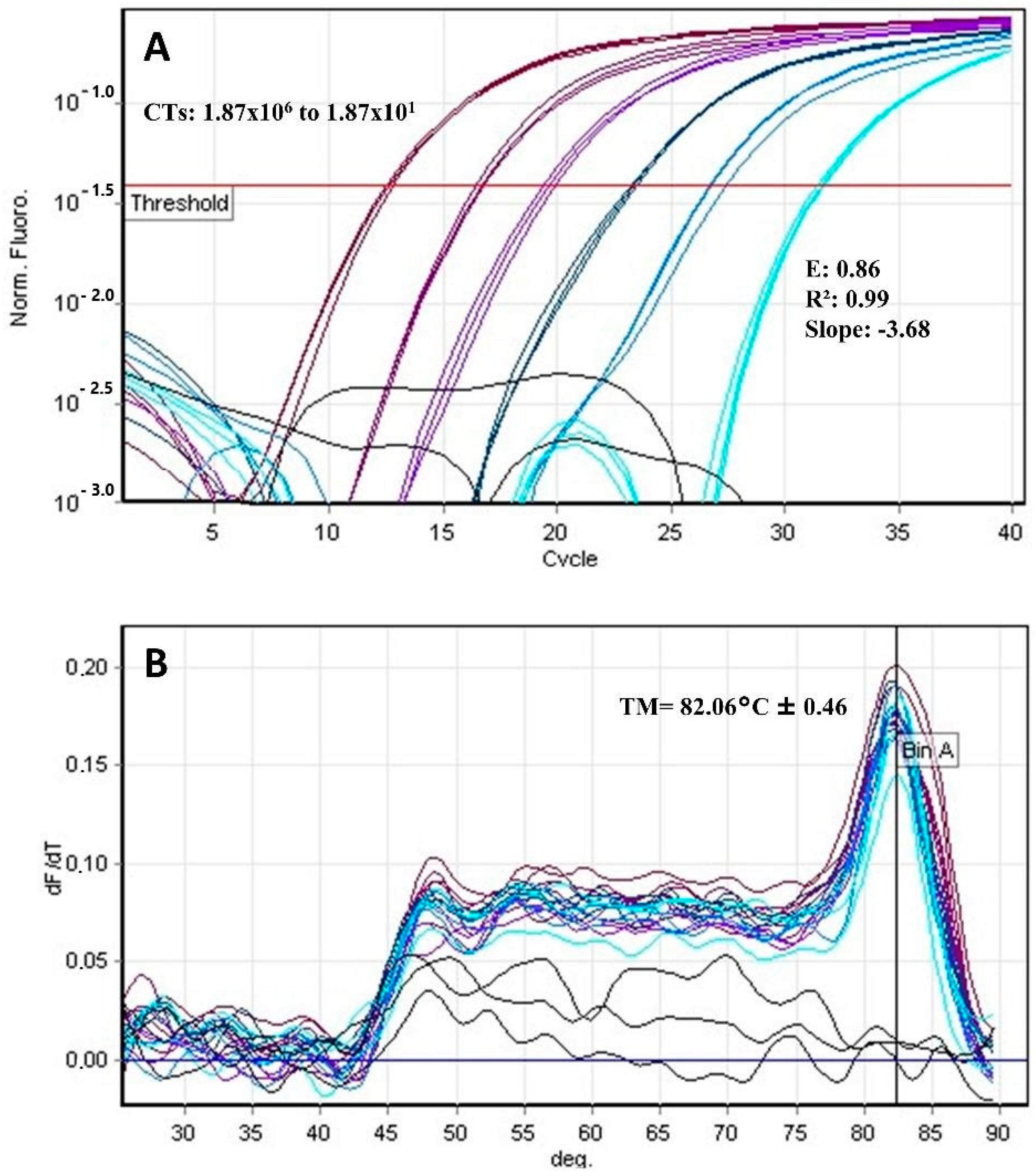
In Brazil, blood donation is regulated by the Brazilian Ministry of Health, and all States follow the same protocol for clinical and laboratory screening. Brazil is an endemic country for Chagas disease (CD), caused by Trypanosoma cruzi, and for leishmaniasis, caused by a species of Leishmania spp. Screening for leishmaniosis is not routinely performed by blood banks. Given the antigenic similarity between T. cruzi and Leishmania spp., cross-reactions in serological tests can occur, and inconclusive results for CD have been found. The objective of this study was to apply molecular techniques, e.g., nPCR, PCR, and qPCR, to clarify cases of blood donation candidates with non-negative serology for CD and to analyze the difference between the melting temperature during real-time PCR using SYBR Green. Thirty-seven cases that showed non-negative results for CD using chemiluminescent microparticle immunoassay (CMIA) tests from blood banks in Campo Grande, MS, and Campinas, SP, were analyzed. In the serum samples, 35 samples were evaluated by ELISA, and 24.3% (9/35) showed positive results for CD. nPCR was able to detect 12 positive results in 35 samples (34.28%). qPCR for T. cruzi was quantifiable in the samples that showed a value ≥0.002 par eq/mL (parasite equivalents per milliliter), and in 35 samples, 11 (31.42%) were positive. Of all evaluated samples using the described tests (CMIA, ELISA, nPCR, and qPCR), 18 (48.6%) were positive for CD. For MCA by qPCR, the melting temperature was 82.06 °C ± 0.46 for T. cruzi and 81.9 °C ± 0.24 for Leishmania infantum. The Mann–Whitney test showed a significant value of p < 0.0001. However, the differentiation between T. cruzi and L. infantum could not be considered due to temperature overlap. For leishmaniasis, of the 35 samples with non-negative serology for CD tested by the indirect fluorescent antibody test (IFAT), only one sample (2.85%) was positive (1:80). The PCR for Leishmania spp. was performed on 36 blood samples from donation candidates, and all were negative. qPCR for L. infantum showed 37 negative results for the 37 analyzed samples. The data presented here show the importance of performing two different tests in CD screening at blood banks. Molecular tests should be used for confirmation, thereby improving the blood donation system.

NADases as weapons for both plant pathogens and their hosts

Effect of sequential UV/free chlorine disinfection on opportunistic pathogens and microbial community structure in simulated drinking water distribution systems - ScienceDirect

An Immunomodulatory Molecule of Symbiotic Bacteria Directs Maturation of the Host Immune System: Cell
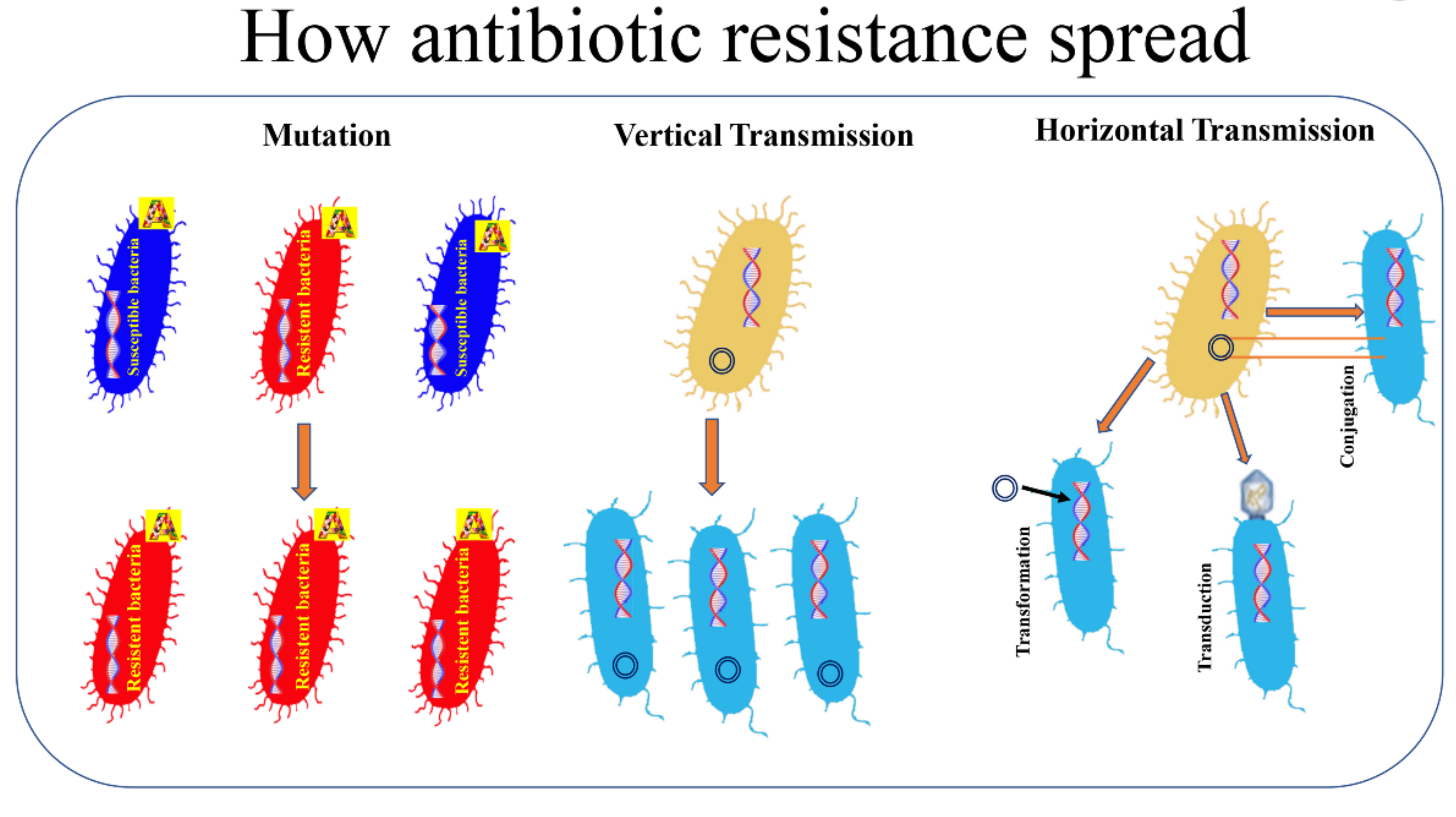
Pathogens, Free Full-Text

A culture-free biphasic approach for sensitive and rapid detection of pathogens in dried whole-blood matrix

Risks of Infectious Disease in Xenotransplantation
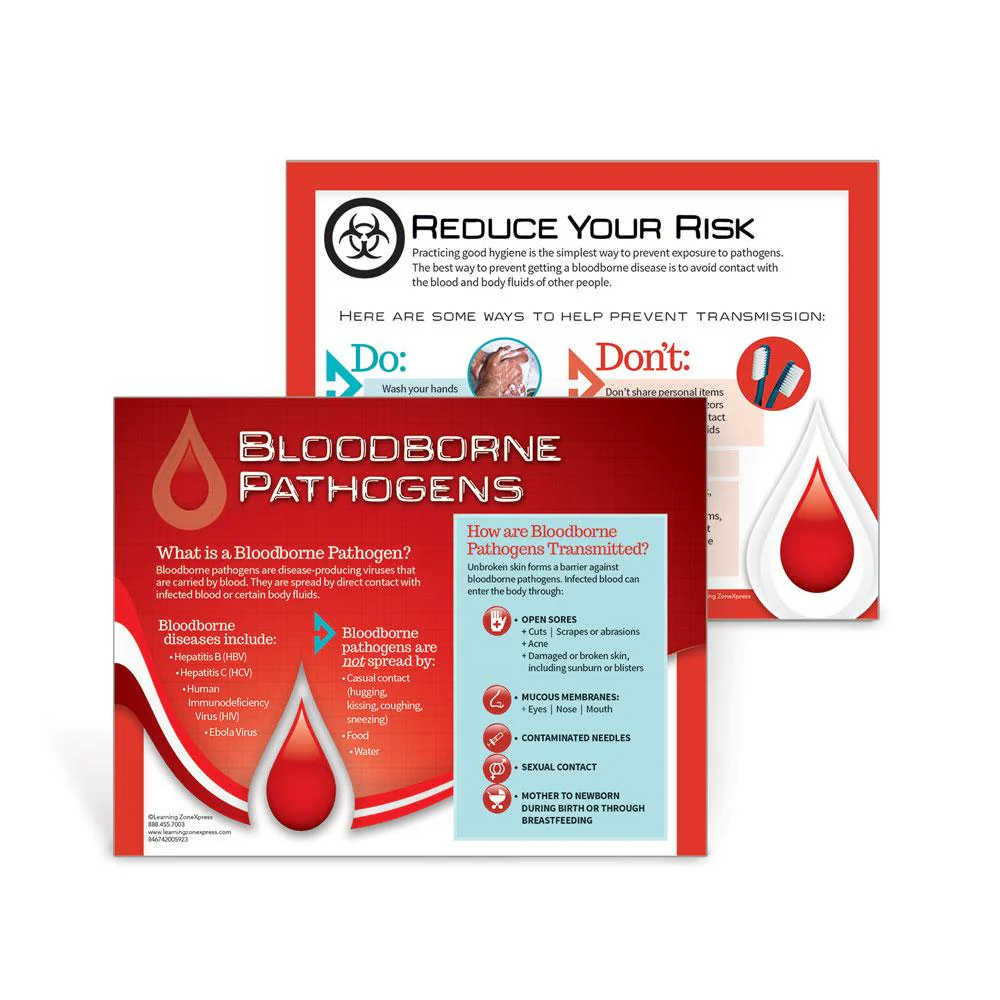
Bloodborne Pathogens Handouts, First Aid
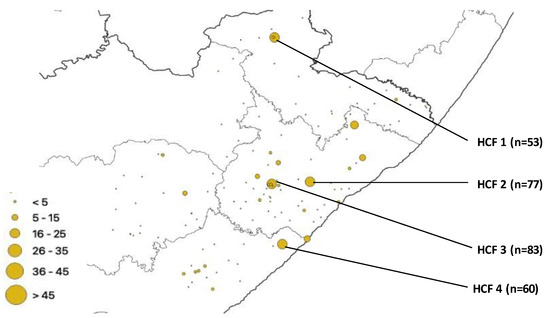
Hcf Practice Maps - Colaboratory
Full version PCR Detection of Microbial Pathogens For Free - video Dailymotion

PDF) Molecular and serological survey of carnivore pathogens in free-roaming domestic cats of rural communities in southern Chile

Bacterial Invasion: The Paradigms of Enteroinvasive Pathogens
Recomendado para você
-
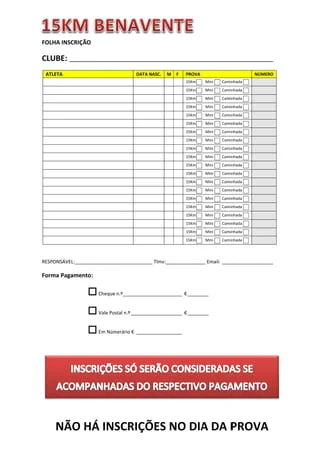 Boletim inscrição22 fevereiro 2025
Boletim inscrição22 fevereiro 2025 -
 Não há nenhuma razão técnica para a taxa de juros estar no nível que está hoje, diz secretário de Política Econômica - Agência CMA22 fevereiro 2025
Não há nenhuma razão técnica para a taxa de juros estar no nível que está hoje, diz secretário de Política Econômica - Agência CMA22 fevereiro 2025 -
 T8982 - Boletim Informativo FENASEG - 135/160_1972 by CNseg - Issuu22 fevereiro 2025
T8982 - Boletim Informativo FENASEG - 135/160_1972 by CNseg - Issuu22 fevereiro 2025 -
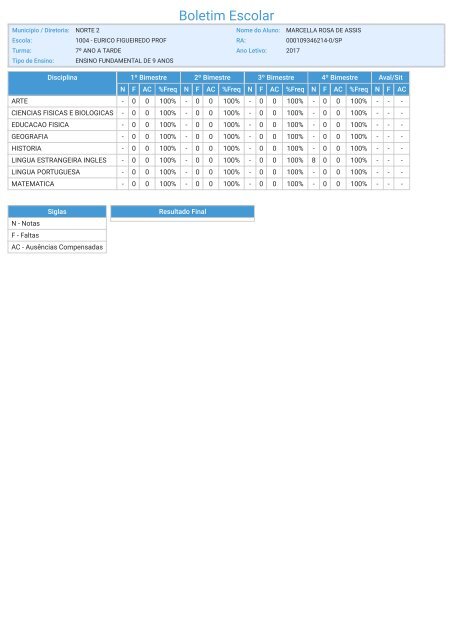 Boletim Escolar Aluno22 fevereiro 2025
Boletim Escolar Aluno22 fevereiro 2025 -
 Size and crown shape predict reproductive maturity of Carapa guianensis in upland and floodplain forests in the northeastern - Angulo Villacorta - Biotropica - Wiley Online Library22 fevereiro 2025
Size and crown shape predict reproductive maturity of Carapa guianensis in upland and floodplain forests in the northeastern - Angulo Villacorta - Biotropica - Wiley Online Library22 fevereiro 2025 -
Boletim22 fevereiro 2025
-
 Landscape changes in the Campos region, southernmost Brazil, since the early deglaciation based on a multi-proxy analysis of a peat bog - ScienceDirect22 fevereiro 2025
Landscape changes in the Campos region, southernmost Brazil, since the early deglaciation based on a multi-proxy analysis of a peat bog - ScienceDirect22 fevereiro 2025 -
 SILICONE NEUTRO ULTIMATE MF CHEMISIL – Chemitool22 fevereiro 2025
SILICONE NEUTRO ULTIMATE MF CHEMISIL – Chemitool22 fevereiro 2025 -
 Receita apresentará proposta para bônus em reunião nesta quinta (30) - Sindifisco Nacional22 fevereiro 2025
Receita apresentará proposta para bônus em reunião nesta quinta (30) - Sindifisco Nacional22 fevereiro 2025 -
 Boletim de Arrecadação dos Tributos Estaduais — Conselho Nacional de Política Fazendária CONFAZ22 fevereiro 2025
Boletim de Arrecadação dos Tributos Estaduais — Conselho Nacional de Política Fazendária CONFAZ22 fevereiro 2025
você pode gostar
-
 Steam Trading Card shows up in database - GameSpot22 fevereiro 2025
Steam Trading Card shows up in database - GameSpot22 fevereiro 2025 -
Fiorindo Magazine - Boneca As aventuras de Poliana vamos entrar no22 fevereiro 2025
-
 Warzone Mobile reveals long-awaited return to Verdansk - Dexerto22 fevereiro 2025
Warzone Mobile reveals long-awaited return to Verdansk - Dexerto22 fevereiro 2025 -
Lego Sonic [Sonic Forces] [Mods]22 fevereiro 2025
-
 Desenhos para colorir da Barbi pintar a Barbie vídeo de criança desenhos divertidos para colorir22 fevereiro 2025
Desenhos para colorir da Barbi pintar a Barbie vídeo de criança desenhos divertidos para colorir22 fevereiro 2025 -
 How To Reach The Other Islands In Slime Rancher 222 fevereiro 2025
How To Reach The Other Islands In Slime Rancher 222 fevereiro 2025 -
DRAGON BALL Z BUCCHIGIRI - Kami Sama Explorer - Dragon B22 fevereiro 2025
-
 2024 Vw golf gti facelift (Good News its coming and in the US22 fevereiro 2025
2024 Vw golf gti facelift (Good News its coming and in the US22 fevereiro 2025 -
 Dungeon ni Deai wo Motomeru no wa Machigatteiru Darou ka: Orion no22 fevereiro 2025
Dungeon ni Deai wo Motomeru no wa Machigatteiru Darou ka: Orion no22 fevereiro 2025 -
 I'm A Gamer Not Because I Don't Have Life | Essential T-Shirt22 fevereiro 2025
I'm A Gamer Not Because I Don't Have Life | Essential T-Shirt22 fevereiro 2025


